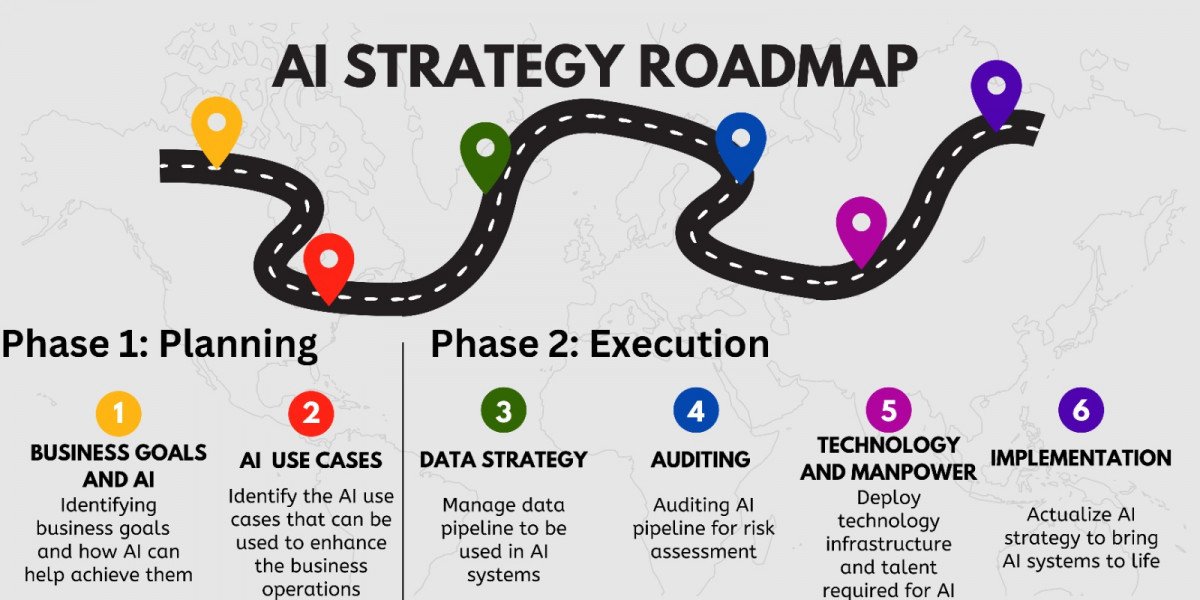Apple's AI Strategy: A Critical Analysis

Table of Contents
Apple's Integrated AI Approach: On-Device vs. Cloud
Apple's AI strategy stands apart due to its strong emphasis on on-device AI processing. Unlike many competitors who heavily rely on cloud-based AI, Apple prioritizes performing AI tasks directly on the user's device. This approach is a cornerstone of their commitment to user privacy, preventing sensitive data from being transmitted to remote servers. Furthermore, it leads to significantly faster response times, enabling features to function even offline.
- Examples of on-device AI features: Siri voice recognition, image recognition in Photos, QuickType suggestions, and features within health applications.
- Advantages: Enhanced privacy, faster response times, offline functionality, reduced latency.
- Disadvantages: Limitations in computational power compared to cloud-based systems, smaller datasets for training AI models, potentially higher device power consumption.
This on-device approach contrasts sharply with cloud-based strategies employed by Google and Amazon, for example. While cloud AI allows for more powerful processing and access to vast datasets, it raises significant privacy concerns. Apple's choice reflects a fundamental philosophical difference: prioritizing user privacy over potentially enhanced AI capabilities.
Siri's Evolution and Future Potential
Siri, Apple's virtual assistant, is a key component of their AI strategy. While initially met with mixed reviews, Siri has undergone significant improvements over the years, particularly in its natural language processing (NLP) capabilities and contextual understanding.
- Strengths: Tight integration within the Apple ecosystem, privacy-focused design, continuous improvement through on-device learning.
- Weaknesses: Limitations in handling complex tasks compared to competitors, occasional inaccuracies in understanding requests, less robust support for third-party integrations.
- Future potential: Advancements in NLP will likely enable more nuanced conversations and proactive assistance. We can expect to see increasingly personalized experiences tailored to individual user behavior and preferences. Improved contextual awareness and multi-modal input (combining voice, text, and images) are also promising areas for future development.
Apple's AI Investments and Acquisitions
Apple's strategic acquisitions and investments play a crucial role in shaping its AI roadmap. While the company is less publicized about its activities in this area compared to some competitors, several key acquisitions hint at their long-term goals.
- Examples of acquired companies: While Apple often keeps these details confidential, past acquisitions of AI startups specializing in machine learning, computer vision, and NLP strongly suggest their focus on enhancing existing products and developing new AI-powered features.
- Analysis: These acquisitions contribute to Apple’s overall strategy by providing specialized talent, technologies, and datasets crucial for AI development. They fill gaps in Apple's existing capabilities, accelerating progress in specific areas.
- Predictions: Future acquisitions are likely to focus on areas such as augmented reality (AR), advanced NLP models for more natural and intuitive interactions, and potentially healthcare-related AI technologies given Apple’s growing interest in this domain.
The Role of Privacy in Apple's AI Strategy
User privacy is not merely a secondary consideration for Apple; it's a core principle deeply integrated into their AI development. This commitment distinguishes them from many competitors who prioritize data collection for improving their AI models.
- Examples of privacy-preserving AI techniques: Apple employs differential privacy and federated learning to protect user data while still allowing for model training.
- Comparison with competitors: Unlike companies that build AI models on massive, centralized datasets often collected without explicit consent, Apple’s approach reflects a more ethical and user-centric perspective.
- Potential challenges and opportunities: Balancing innovation with user privacy presents ongoing challenges. However, this approach also offers opportunities to build trust with consumers and establish a strong competitive advantage in a market increasingly concerned about data security.
Differential Privacy and Federated Learning
Differential privacy adds noise to individual data points, making it difficult to identify any single user's contribution to the overall dataset. Federated learning allows for model training on decentralized data—data remains on users' devices, and only model updates are shared. Apple leverages these techniques to train its AI models while preserving user privacy.
Conclusion:
Apple's AI strategy is characterized by a strong emphasis on on-device processing, user privacy, and a more measured, integrated approach to AI development. While Siri's capabilities still lag behind some competitors in terms of complex task handling, Apple's commitment to privacy and its strategic investments promise exciting advancements in the years to come. The company's emphasis on on-device AI, while limiting in some aspects, fosters trust and positions them as a leader in responsible AI development. What are your predictions for the future of Apple's AI? Share your thoughts on Apple's AI strategy in the comments below!

Featured Posts
-
 Analysis Of Petrol Prices In Nigeria The Dangote And Nnpc Factor
May 10, 2025
Analysis Of Petrol Prices In Nigeria The Dangote And Nnpc Factor
May 10, 2025 -
 Harry Styles Retro Mustache Makes A Statement In London
May 10, 2025
Harry Styles Retro Mustache Makes A Statement In London
May 10, 2025 -
 Jeanine Pirro Exploring Her Background Net Worth And Legal Achievements
May 10, 2025
Jeanine Pirro Exploring Her Background Net Worth And Legal Achievements
May 10, 2025 -
 North Dakota Health Officials Quarantine Unvaccinated Students Due To Measles
May 10, 2025
North Dakota Health Officials Quarantine Unvaccinated Students Due To Measles
May 10, 2025 -
 New Uk Immigration Policy Visa Restrictions Tightened For Some Countries
May 10, 2025
New Uk Immigration Policy Visa Restrictions Tightened For Some Countries
May 10, 2025
